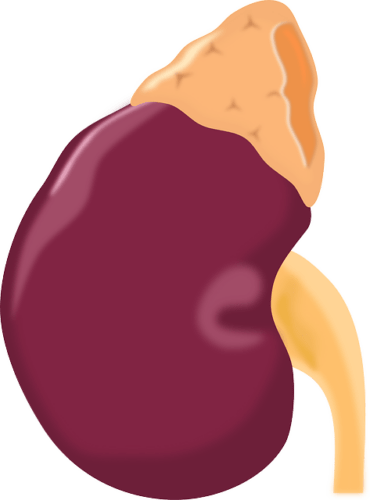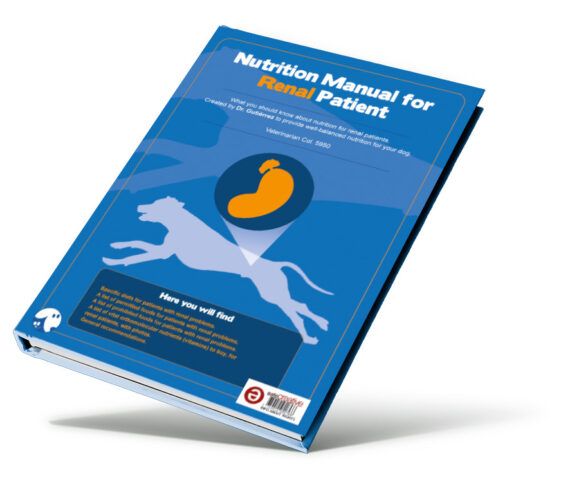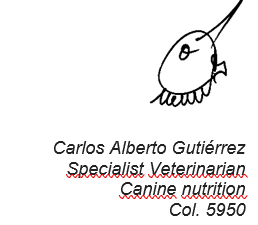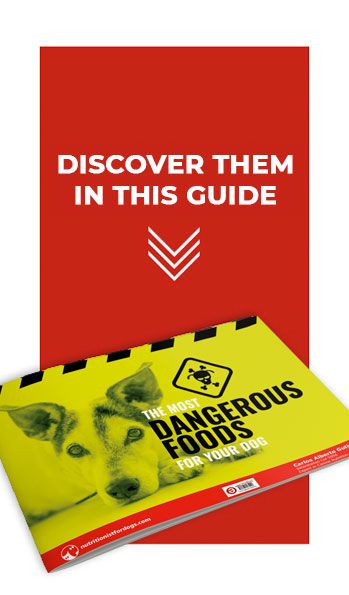
Below you can read a study conducted by Laflamme D.P. Purina Nestlé Research Center. Pet Care Research of Saint Louis Missouri USA. Presented in the journal Top Companion Animal Medicine. Pet food safety: dietary protein.
The objective of this article was to review the evidence surrounding the risk posed by excessive or deficient levels of dietary protein.
Dietary protein is required to provide essential amino acids and replenish protein stores.
When intake is insufficient, protein exchange is slowed and muscle mass is gradually reduced.
These changes can lead to increased morbidity and mortality. Dogs can maintain nitrogen balance (typically used to define minimum requirements in adults), even in states of protein depletion due to physiological adaptations.
Preservation of protein exchange and body mass requires approximately three times more protein than nitrogen.
The ability of excess dietary protein to induce renal pathology in both dogs with chronic renal failure and geriatric dogs without renal failure has been studied. MANY STUDIES HAVE CONFIRMED THAT PROTEIN DOES NOT ADVERSELY AFFECT THE KIDNEYS.

Protein restriction in healthy older dogs is not only unnecessary but can be harmful.
Currently, protein requirements are increased by 50% in older dogs, while their energy requirements tend to be reduced. Failure to provide sufficient protein can aggravate age-related muscle wasting and may contribute to premature death.
Older dogs should receive at least 25% of their calories from protein, this is achieved with diets that provide at least 7 grams of protein per 100 kilocalories of metabolizable energy.
Pet Food Safety: Dietary Protein, D.P. Laflamme DVM, PhD, Dipl ACVN, Nestlé Purina PetCare Research, St. Louis, MO. Available online 23 July 2008.
Here you can read the first part of this article
Nutritional counseling for the renal patient
Subscribe to the free online workshop on nutrition for dogs
Greetings


